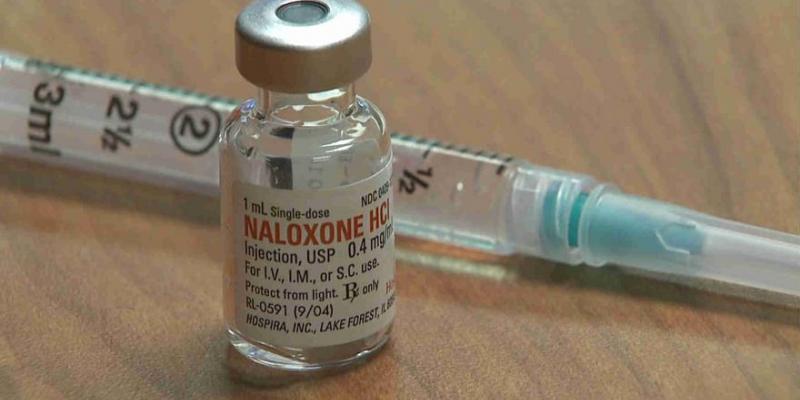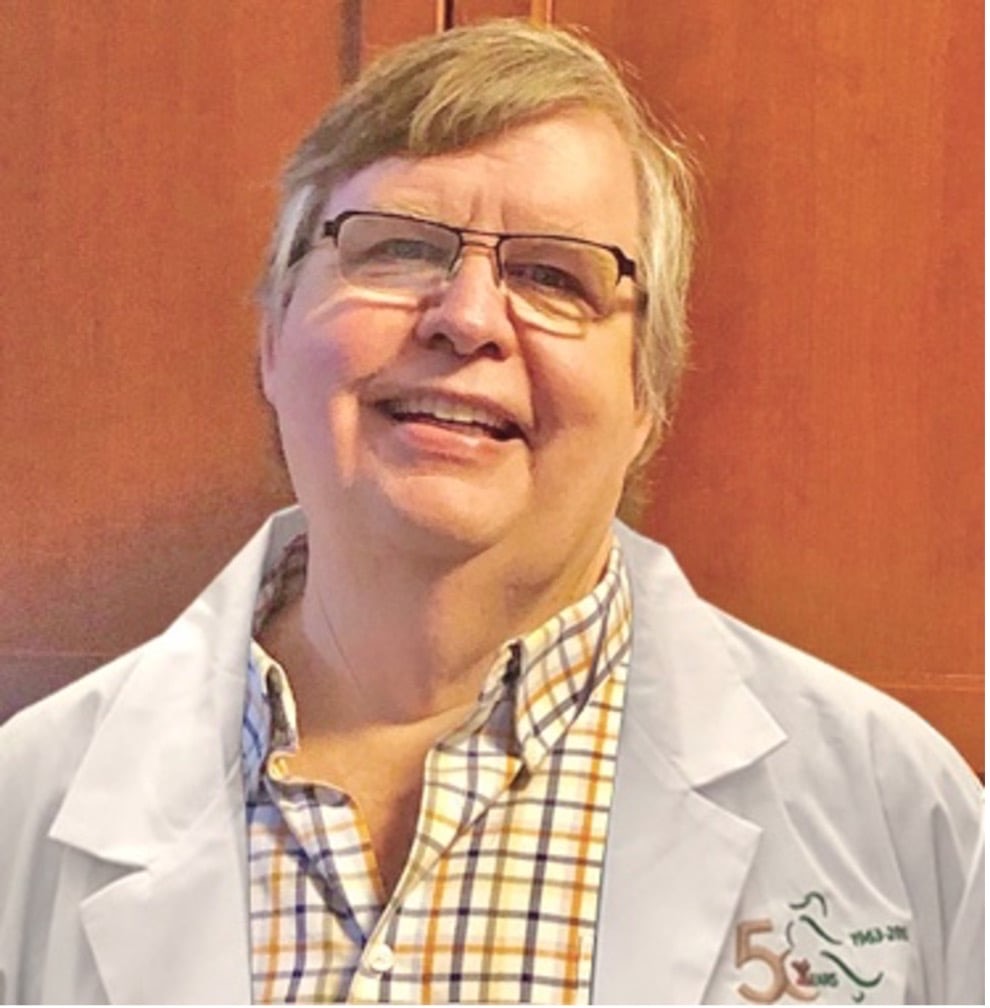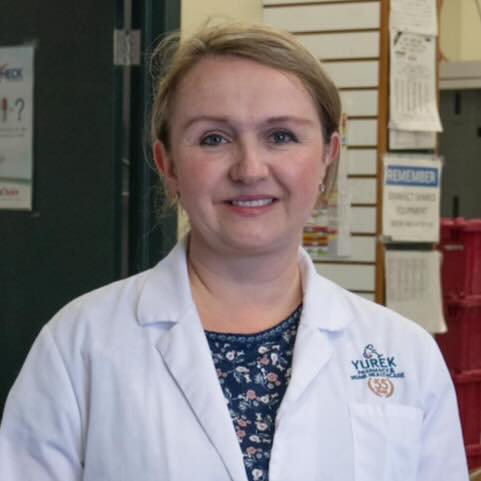It feels like you can’t open a newspaper, turn on the radio or television without hearing about the opioid crisis. Opioids, sometimes referred to as narcotics, are medications that are used to treat pain and include medications such as codeine, morphine and hydromorphone. Unfortunately, they can also induce euphoria (feeling high) which can lead them to potentially be used improperly and can lead to Opioid Use Disorder or addiction.
Most people associate problematic opioid use with street drugs like heroin or fentanyl injected by “junkies.” However, it also includes when opioids are:
– used more than prescribed
– taken inappropriately (such as chewing, inhaling or injecting long-acting forms)
– or taken without a prescription (for you). Opioid Use Disorder can affect people in all walks of life and that is why we need to be respectful and help to eliminate the stigma.
Opioids impact people socially, financially, spiritually and sometimes legally. One of the most significant impact is on health and can lead to serious decrease in a person’s overall health and even death.
Symptoms of opioid toxicity or an overdose include:
- difficulty walking, talking or staying awake
- blue lips/nails
- small pupils
- slow, weak or no breathing
- difficultly waking up even when shaken or shouted at
Many steps are being taken at the local, provincial and federal levels to help stop the opioid crisis or at least reduce its impact. One method of harm reduction is the distribution and use of naloxone kits.
Naloxone is an opioid blocker resulting in a reversal of all the effects on our bodies. It is important to recognize the signs of opioid toxicity and call emergency services (911) as soon as possible. Then, Naloxone can be administered by injection or nasal spray.
If no response is seen in 3-5 min, a second dose is given. Naloxone only works against opioids; it won’t reverse the effects of alcohol or other drugs. Nevertheless, it is safe to give to someone even if you are unsure if they have taken narcotics. One concern that people may have when calling 911 is that they could find themselves in legal trouble. In fact, the Good Samaritan Act protects people if they are acting to save a life, so make the call! Take care of yourselves and each other.








